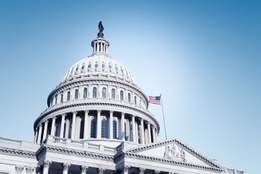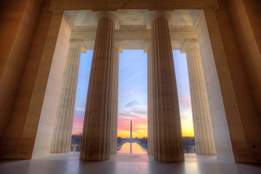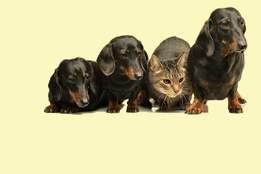republic
noun
re·pub·lic
ri-ˈpə-blik 

plural republics
1
a
: a government in which the power belongs to a body of citizens entitled to vote and is exercised by the leaders and representatives elected by those citizens to govern according to law
b
often Republic plural Republics
: a country, state, or territory having a republican (see republican entry 2 sense 2a) government
I pledge allegiance to the flag of the United States of America and to the Republic for which it stands …— Francis Bellamy
Francis Bellamy
 Francis Bellamy
Francis BellamyThe United States, which the eighteenth-century American elite sought to refashion as a new Roman Republic …— Michael Lind
Michael Lind
 Michael Lind
Michael Lind
also
: a usually specified government of such a country, state, or territory
the French Fourth Republic
c
: a country, state, or territory that is headed by someone other than a hereditary monarch but whose citizens do not hold real power
the former Soviet republics
Note: In modern times, this sense is used in the names of various countries whose forms of government vary greatly and include dictatorships and totalitarian regimes.
see also banana republic2
a
figurative
: a community of beings thought to resemble a political republic especially by exhibiting a general equality among members
… a curious republic of industrious hornets …— Michel-Guillaume-Saint-Jean de Crèvecoeur
Michel-Guillaume-Saint-Jean de Crèvecoeur
 Michel-Guillaume-Saint-Jean de Crèvecoeur
Michel-Guillaume-Saint-Jean de Crèvecoeur
b
: a group of people freely engaged in a specified activity
a republic of scholars
[Zora Neale] Hurston makes explicit two contradictory and submerged elements of that tradition: First, and most visibly, she restores funkiness and folk roots to black women's discourse; second, and no less important, she dares to articulate black women's craving for independent recognition in the republic of letters. [=the people who read and write literature]— Elizabeth Fox-Genovese
Elizabeth Fox-Genovese
 Elizabeth Fox-Genovese
Elizabeth Fox-GenoveseLove words? Need even more definitions?
Merriam-Webster unabridged















Share